
2 minutes read
Easy data integrity with array validation in Laravel
Table of contents
Introduction to array validation in Laravel
Have you ever struggled with ensuring data integrity when handling arrays in user submissions in your web applications?
One aspect where Laravel truly shines is its ability to effortlessly manage array validation.
Today, let me guide you with validating arrays in Laravel.
Understanding array validation in Laravel
Whether you’re dealing with simple key-value pairs or more intricate nested data, Laravel’s array validation capabilities are both robust and intuitive.
The beauty of Laravel’s validation lies in its simplicity and the peace of mind it brings, knowing that your data structures are handled correctly.
Imagine you’re collecting data where users can list multiple contact details. To start off, Laravel makes defining validation rules for these array inputs a breeze. Here’s an example:
public function store(Request $request) { $validated = $request->validate([ 'contacts' => 'required|array', 'contacts.*.phone' => 'required|numeric', 'contacts.*.email' => 'required|email', ]); // Do something with the validated data. }
Notice how the * wildcard helps us apply the rules to each element within the contacts array. Laravel validation seamlessly takes care of these scenarios, ensuring that each piece of the array adheres to the rules we’ve set out.
Validate the structure of your array
You can go a step further to ensure you receive the expected data format by validating the structure of arrays. Use the array rules again, but this time, specify the expected keys as a parameter:
$request->validate([ 'contacts' => 'required|array:phone,email', ]);
Here’s what will happen:
- Laravel’s validator expects the phone and email keys and won’t pass if they’re not present.
- The validation will also fail if any additional key if passed. Talk about strictness!
Custom error messages for array validation in Laravel
There’s more to a great user experience than just robust validation. Custom error messages play a key role. Laravel allows us to define specific messages that are both helpful and user-friendly. Here’s how you can customize error messages for array validation:
public function store(Request $request) { $validated = $request->validate([ 'contacts' => 'required|array', 'contacts.*.phone' => 'required|numeric', 'contacts.*.email' => 'required|email', ], [ 'contacts.*.email.required' => 'Please provide an email for each contact.', ]); // Do something with the validated data. }
By using Laravel’s validation, we can make sure our users receive feedback that’s not only informative but also doesn’t pull them out of their workflow.
Did you like this article? Then, keep learning:
- See how to fix another common Laravel error easily
- Add interactivity to Laravel projects using Alpine.js
- Learn Laravel's cache clearing to avoid stale data
- Explore database transaction management in Laravel
- Handle common Laravel errors with practical solutions
- Make your Laravel validation UX better with custom messages
- Deepen your Laravel validation knowledge beyond arrays
- Understand Laravel's Artisan for efficient development
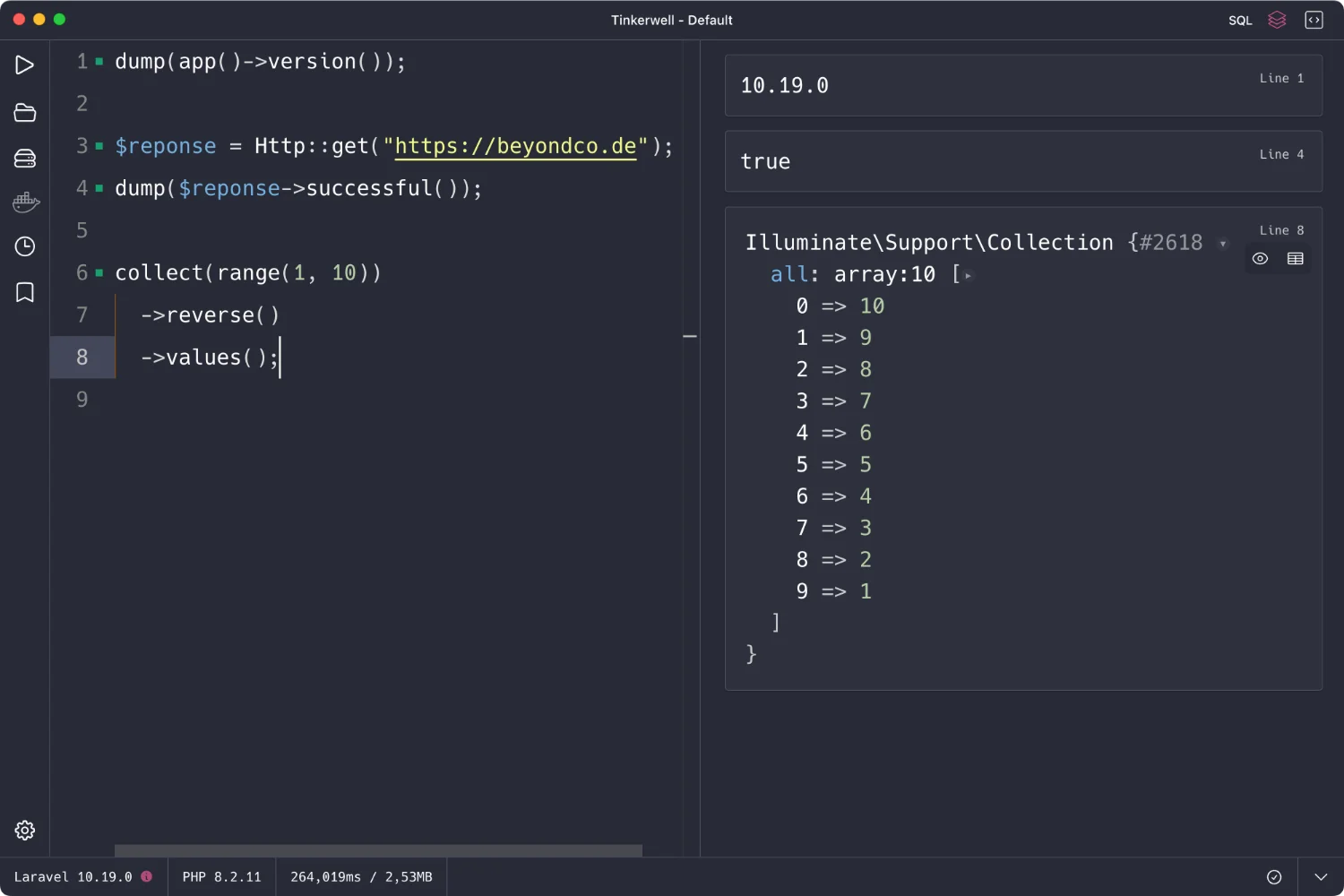
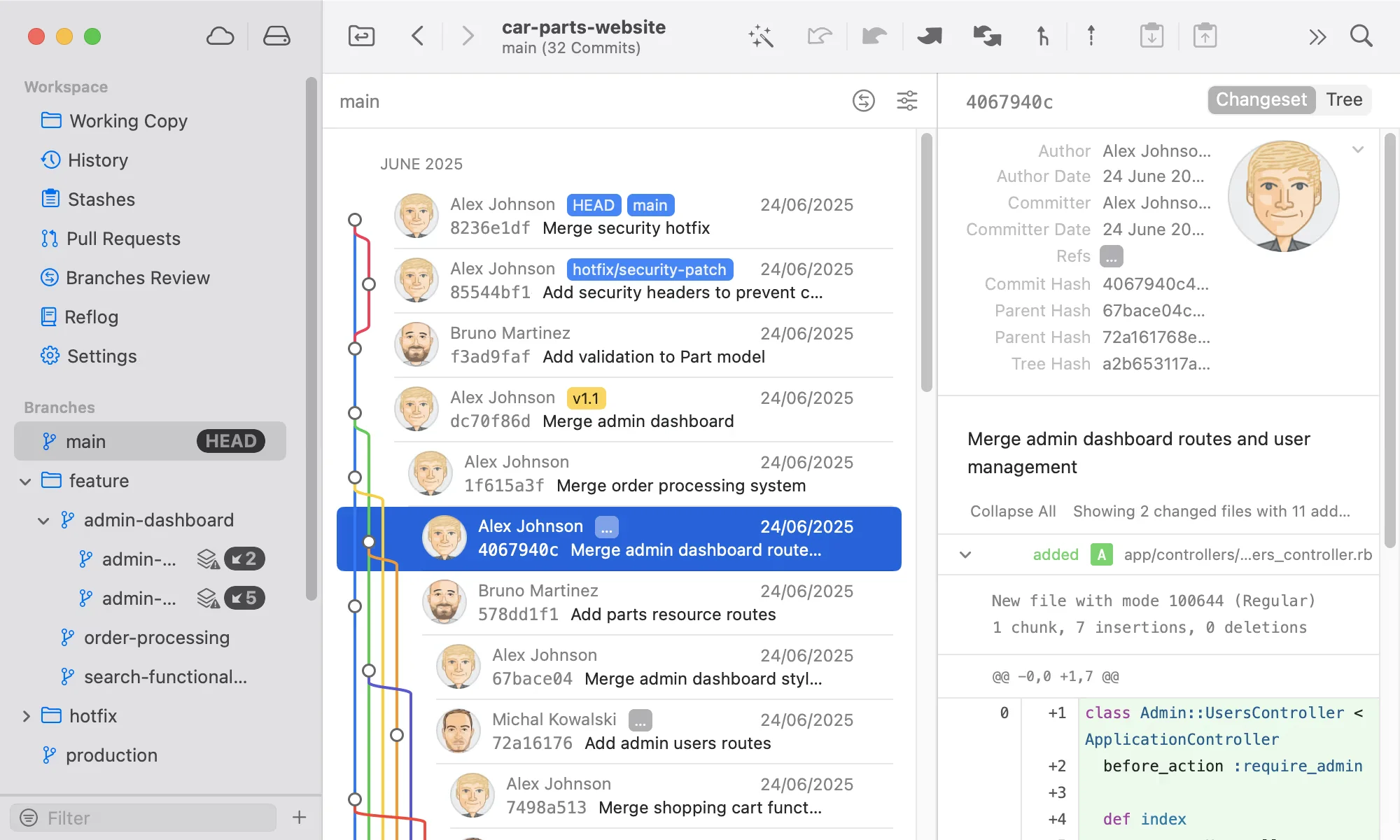
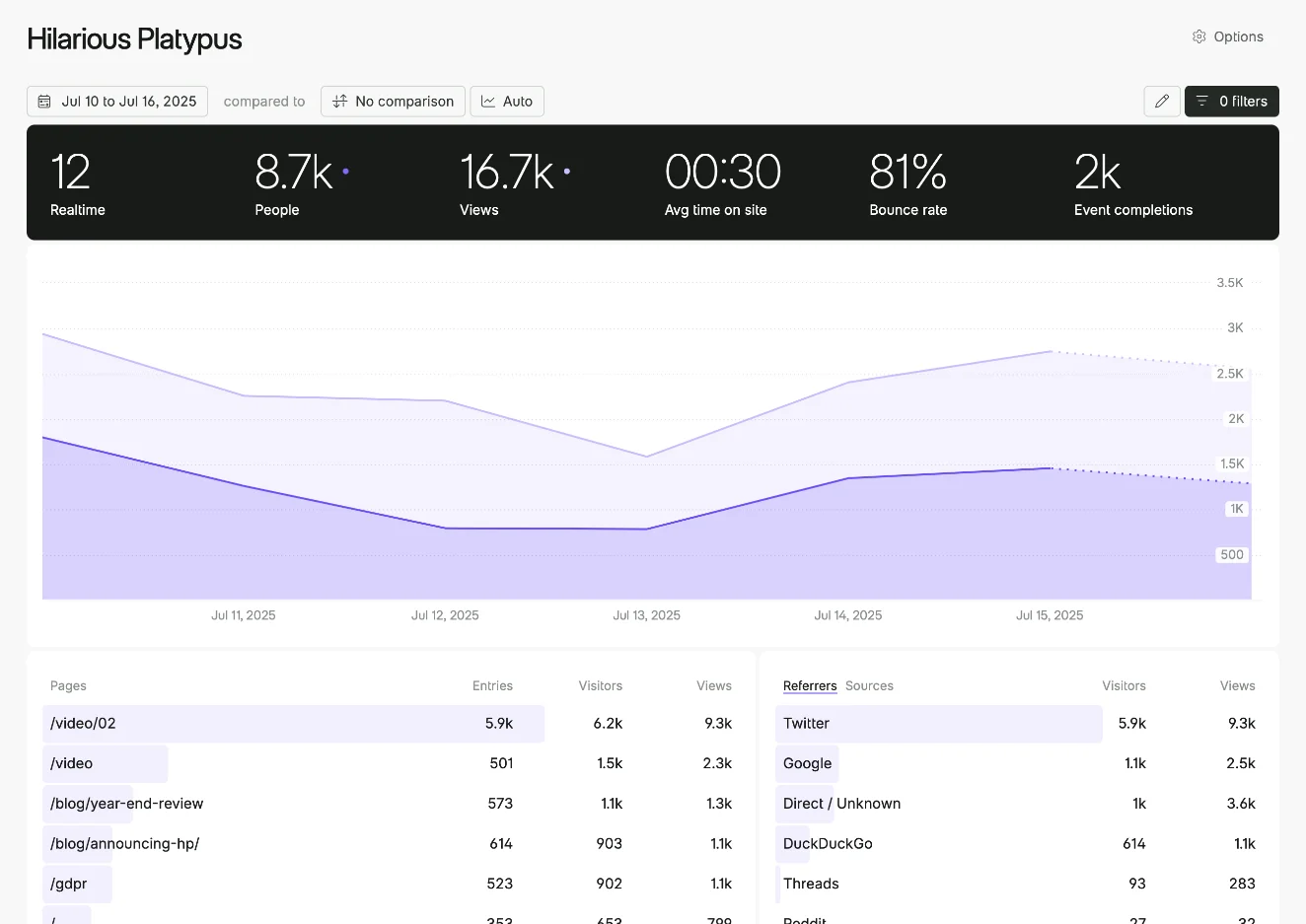
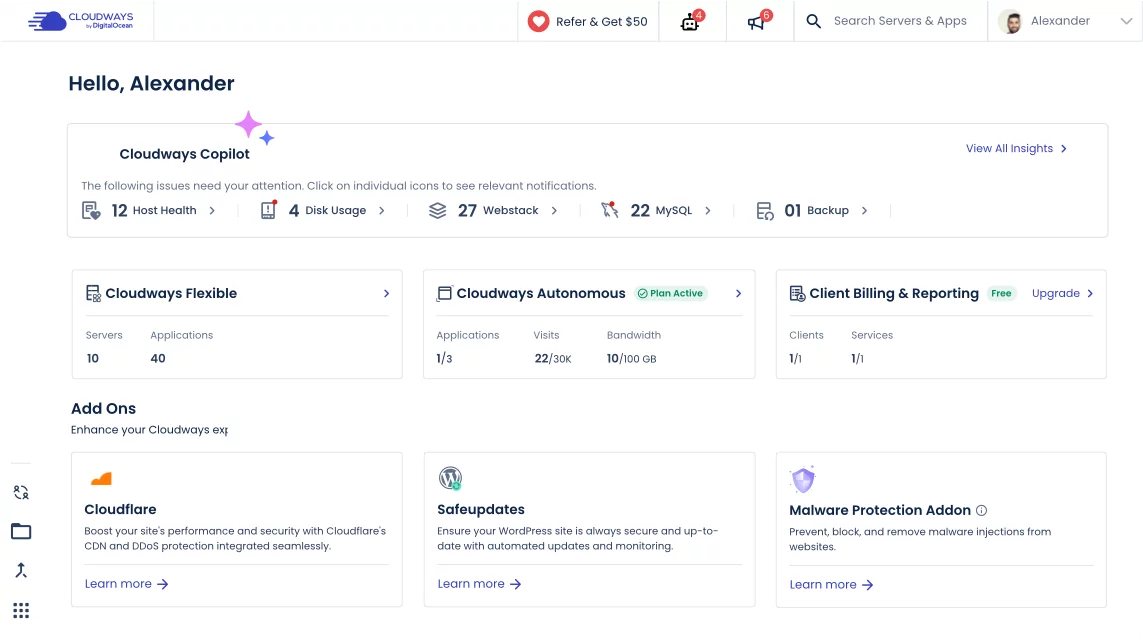

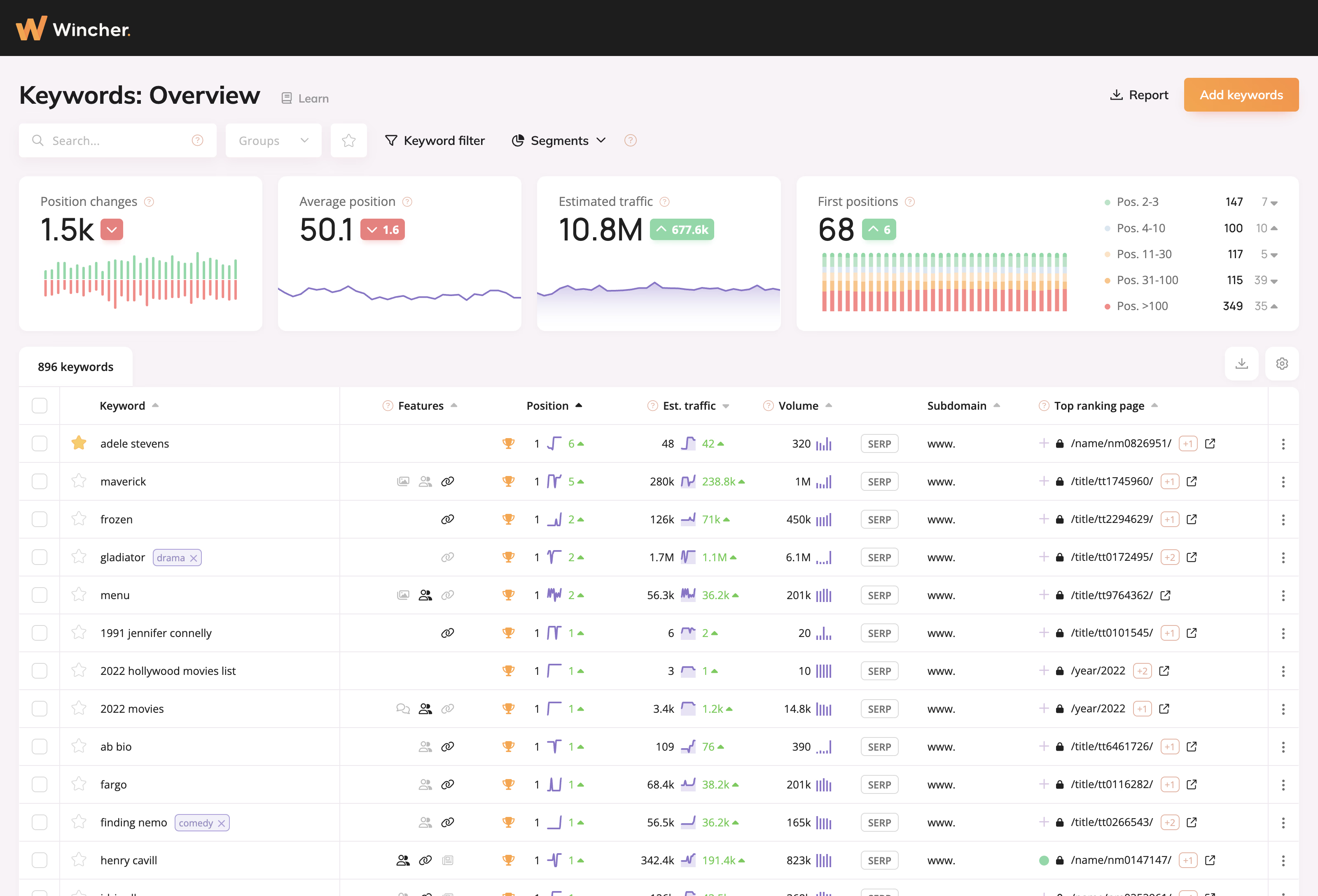
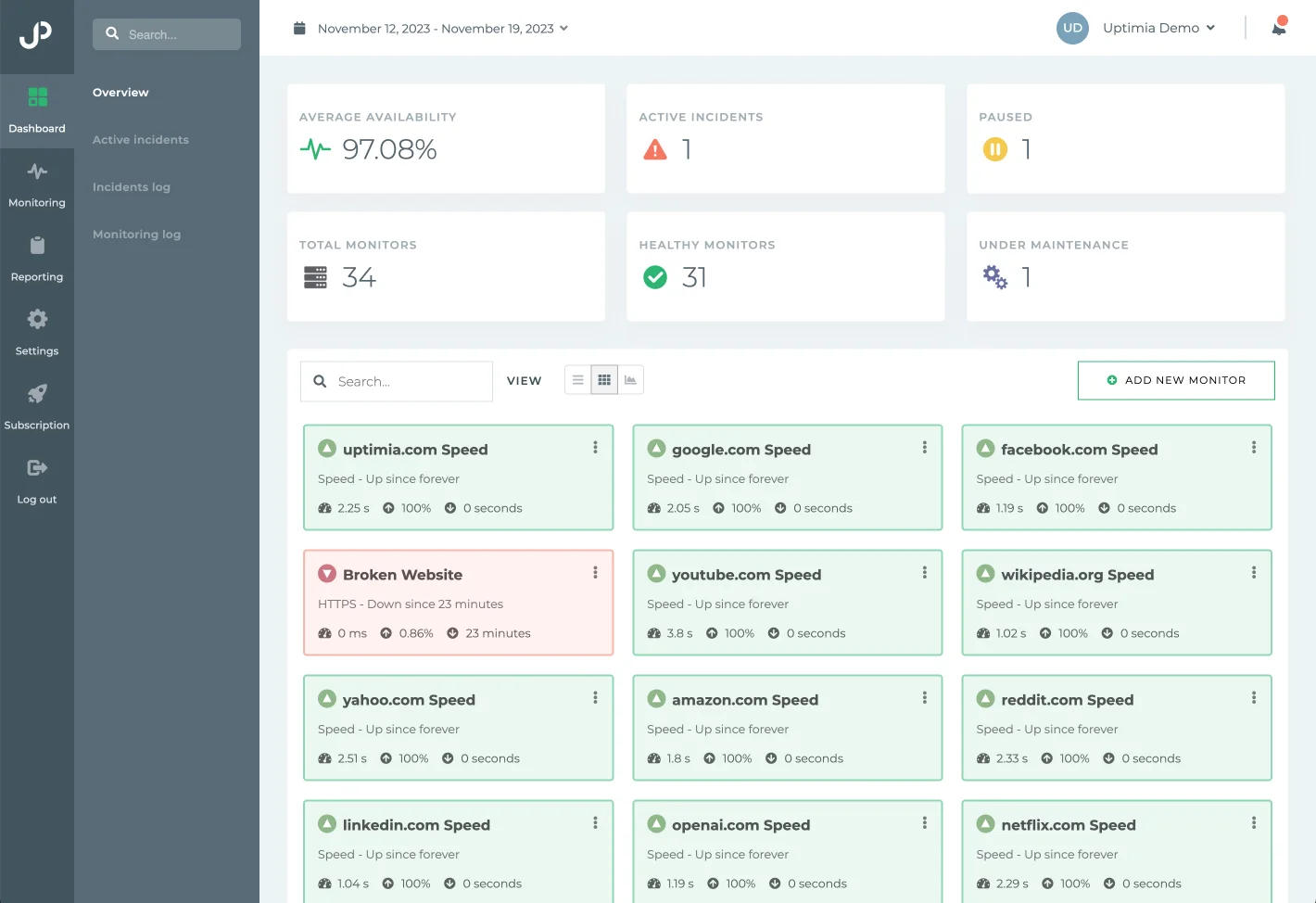
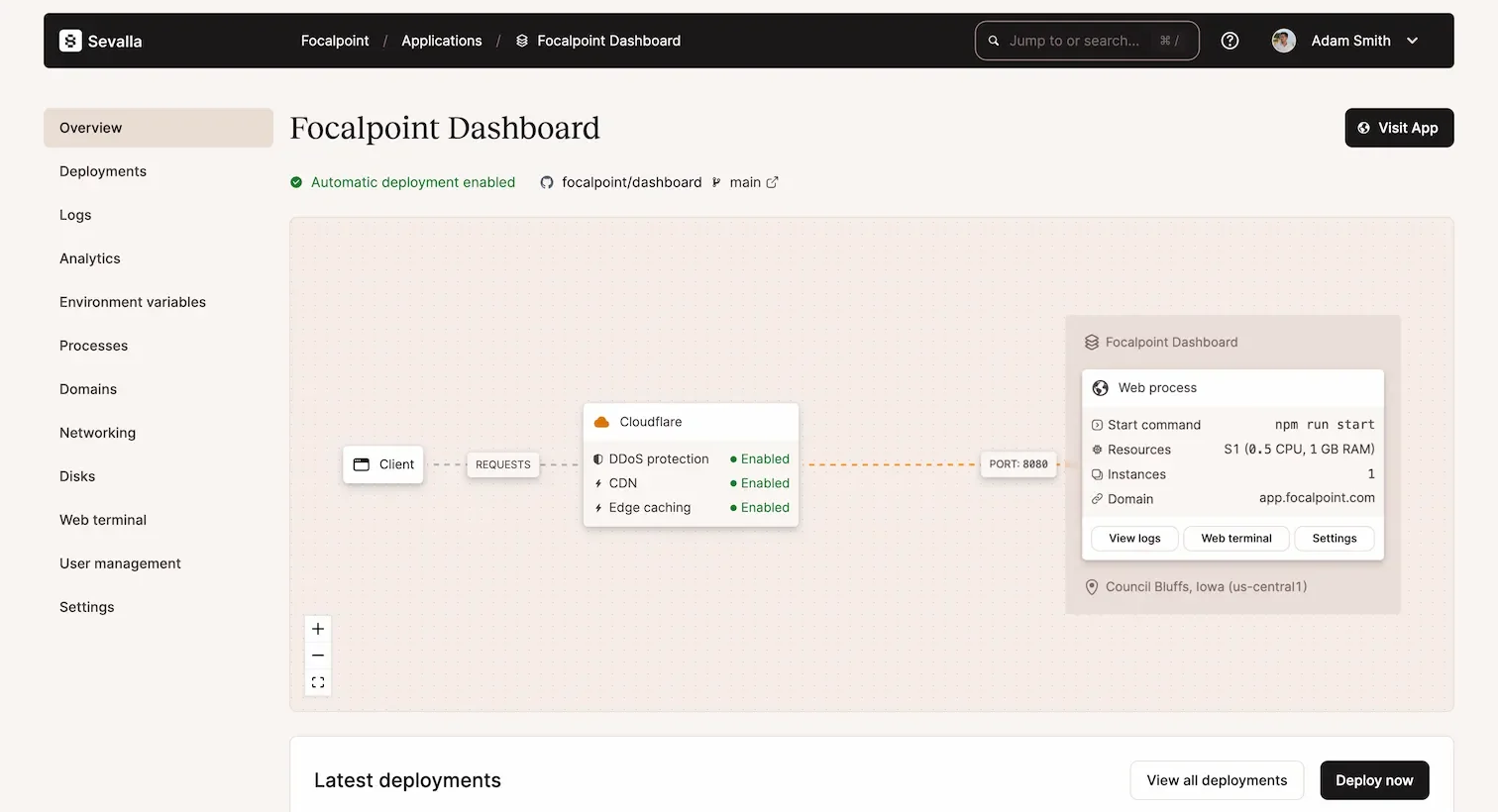
0 comments